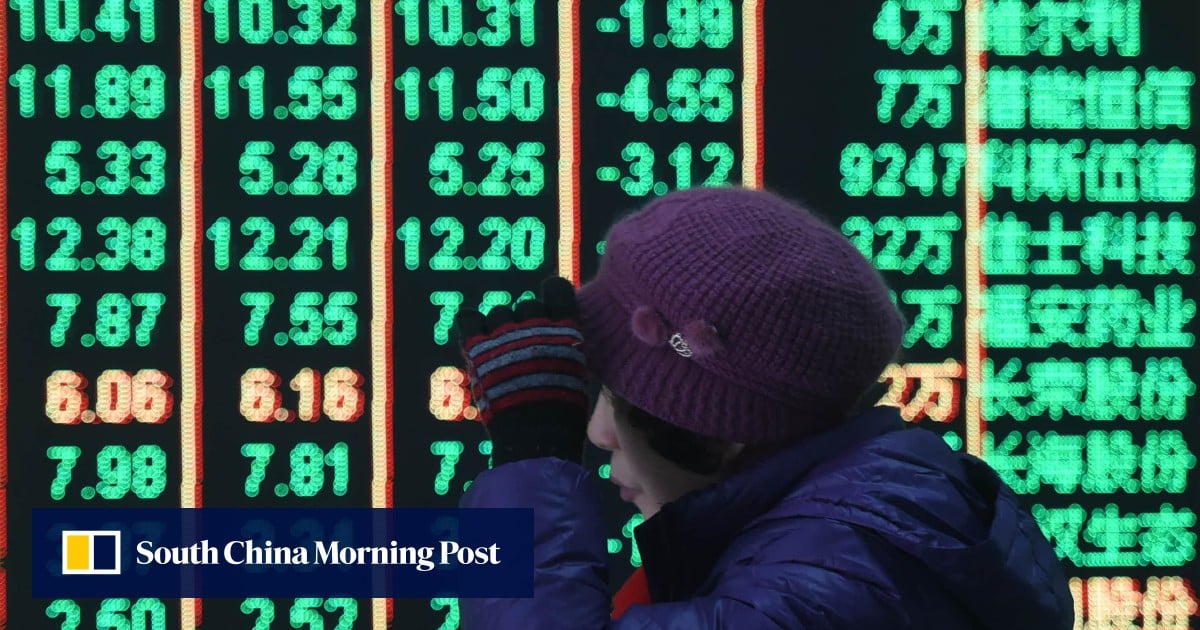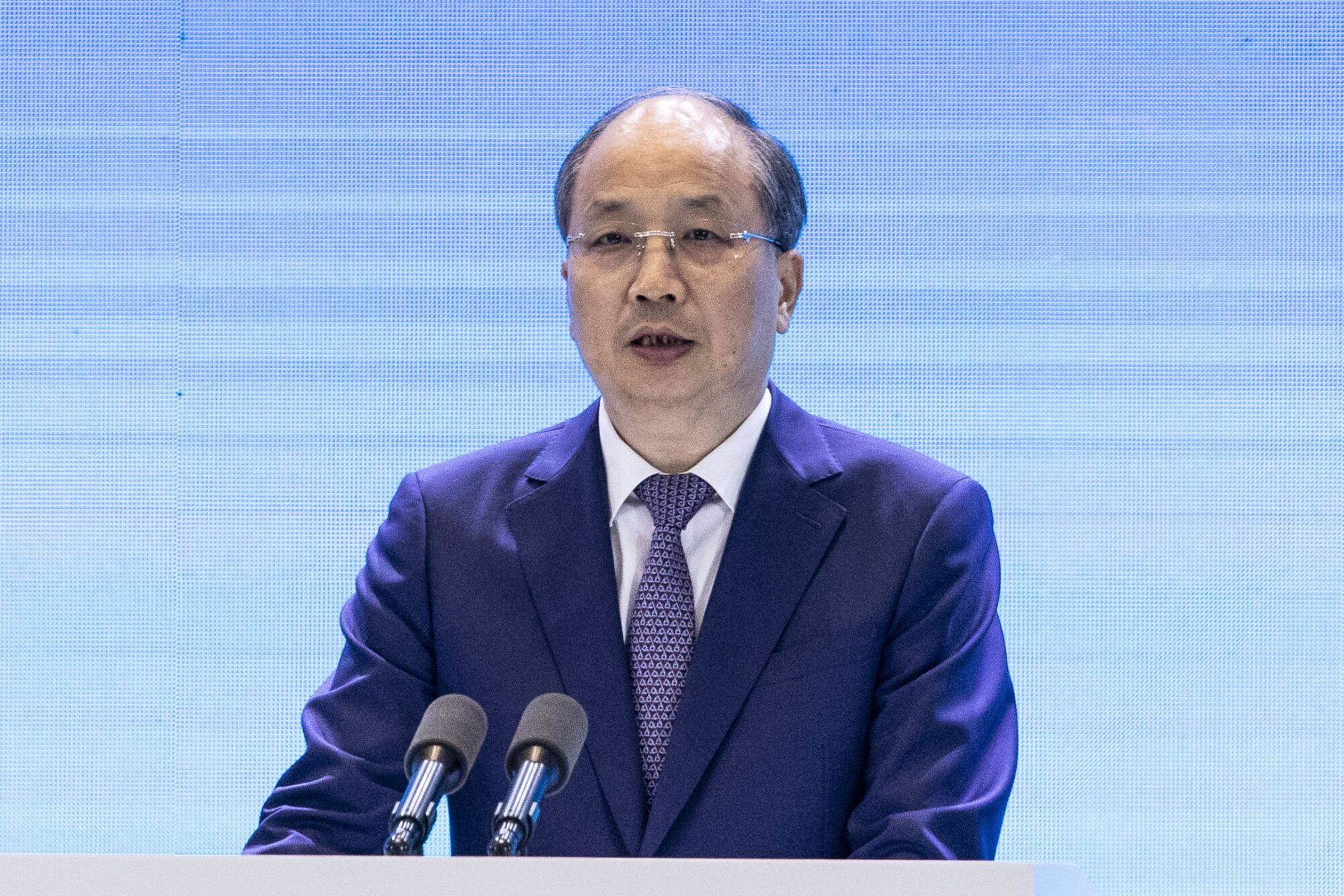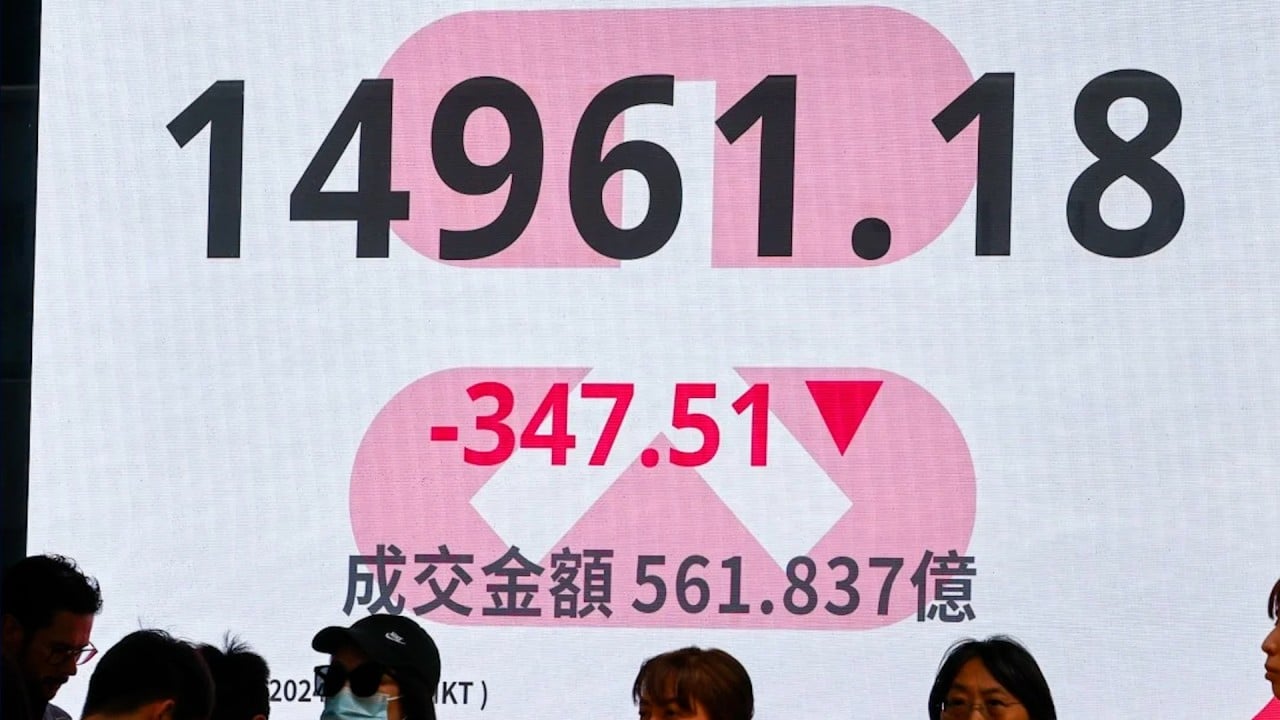
06 Feb China intervenes as post-Covid stock rout reaches US$5 trillion and regulator heightens scrutiny reminiscent of 2015 crash
China’s state-run funds have stepped in to shore up stock prices, as regulatory authorities struggled to overcome “uber-weak” confidence among global investors after a rout in Chinese stocks that plunged the market this week to the lowest level since 2019.
The funds, often dubbed the “National Team,” have bought 70 billion yuan (US$9.8 billion) worth of local shares over the past month, according to an estimate by Goldman Sachs. State-owned companies, the central bank and the sovereign wealth fund may have participated in the buying, it added.
The CSI 300 Index of onshore stocks has slumped 38 per cent since January 2021 to hit a five-year low this week, with heightened regulatory scrutiny reviving memories of the US$5 trillion crash in 2015. China’s entire onshore market lost US$3.1 trillion in the latest losing stretch, while another US$2 trillion was erased in Hong Kong, according to Bloomberg data.
“Government buying might help circuit-break the downward spiral, but we think reforms, policy consistency, and plans to address structural macro headwinds are required to re-rate China equity,” the Wall Street bank said in a report. At least 200 billion yuan, or close to 1 per cent of the market float, may be needed to effectively stabilise the market, it added.
In the 2015 episode, Chinese stocks sank more than 40 per cent between June and August that year, wiping out US$5 trillion of value. The bubble burst after the market regulator cracked down on illegal leveraged trading. China’s market capitalisation today is about 54 per cent of the size of the economy, versus a record 79 per cent in 2021 and 67 per cent in 2015, according to CEIC and Bloomberg data.

This year’s slump has similarly galvanised the China Securities Regulatory Commission (CSRC) into overdrive mode. It vowed on Sunday to implement more market stabilisation measures, steady expectations and confidence, and tackle abnormal market fluctuations. It recently hauled up chip developer Beijing Zuojiang Technology for false reporting.
‘Chronic disappointment’ with Chinese stocks prompts big cut in fund allocation
‘Chronic disappointment’ with Chinese stocks prompts big cut in fund allocation
The statement followed measures last month to bar key shareholders from lending their stock to others to short the market, and a fresh warning against frauds. The CSRC has also banned top brokerages from facilitating cross-border derivatives that perpetuated the sell-off, Reuters reported on Monday, citing people it did not identify.
Stocks have weakened amid “chronic disappointment” among global funds. They have pulled a record 201 billion yuan from the A-share market for six straight months up to January.
“Without powerful policy interventions, the deflation expectation may become entrenched and start to hurt consumption and investment demands,” according to Gene Ma and Phoebe Feng, analysts at New York-based Institute of International Finance. “Beijing’s meddling hands can be error-prone, as shown in the past few years. The confidence of the global and domestic investors remains uber-weak.”

